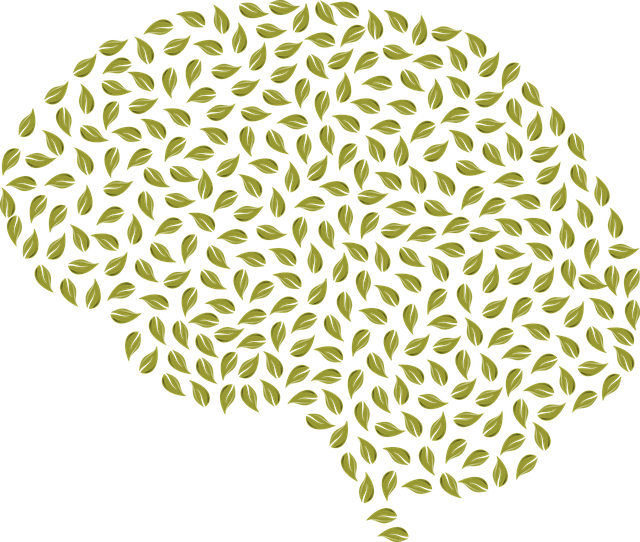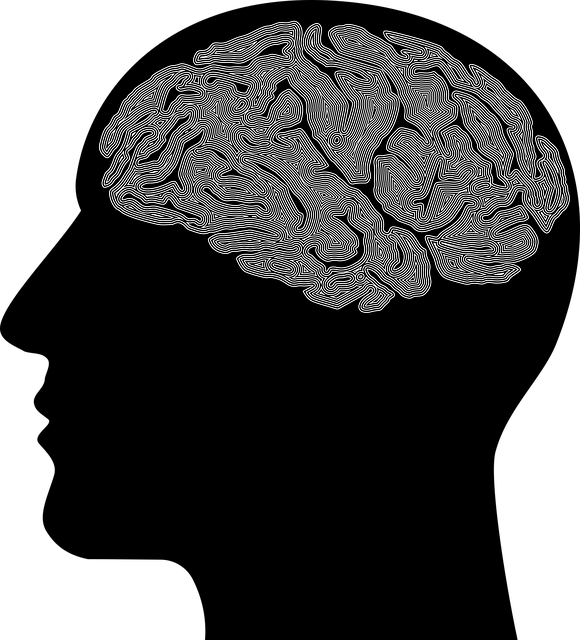Westminster Oppositional Defiance Disorder (ODD) therapy focuses on addressing the root causes of defiant behavior through crisis intervention and cognitive-behavioral techniques. This approach equips children with healthy coping skills, improves emotional well-being, enhances decision-making, and fosters better relationships. The program includes tailored therapeutic strategies, mental wellness journaling, and confidence-boosting activities. For parents, it offers guidance on effective communication, open dialogue, and positive reinforcement to create a supportive home environment. Schools and communities play a crucial role by providing structured settings for evidence-based practices like behavior therapy and CBT, leading to improved academic performance and healthier relationships.
Coping skills development is crucial for managing oppositional defiance disorder (ODD) in children. This comprehensive guide explores effective strategies to address ODD, emphasizing the role of Westminster Oppositional Defiance Disorder therapy. We delve into parenting techniques tailored for home environments and highlight educational and community support systems vital for holistic management. Understanding ODD and leveraging specialized therapy can foster positive changes, enhancing the lives of both children and their families.
- Understanding Oppositional Defiance Disorder (ODD) in Children
- The Role of Westminster Therapy in Coping Skills Development
- Strategies for Parenting a Child with ODD at Home
- Educational and Community Support for ODD Management
Understanding Oppositional Defiance Disorder (ODD) in Children

Oppositional Defiance Disorder (ODD) is a common behavioral issue often observed in children, characterized by frequent and consistent hostility towards authority figures and a refusal to comply with rules or requests. This disorder can manifest as frequent arguments with parents, teachers, or other adults, defiance at home or school, active resistance to instructions, and irritability. Children with ODD may struggle with low self-esteem and a negative outlook, impacting their relationships and overall emotional well-being.
In Westminster, Oppositional Defiance Disorder therapy focuses on identifying the root causes of defiant behavior and teaching children healthy coping skills. Crisis intervention guidance is provided to help manage intense emotions, while promoting emotional well-being through various techniques such as cognitive-behavioral therapy, which aims to boost confidence and develop positive problem-solving strategies. These therapeutic approaches assist children in learning to express their feelings constructively, improve their decision-making abilities, and build healthier relationships.
The Role of Westminster Therapy in Coping Skills Development

Westminster Therapy plays a pivotal role in coping skills development, particularly for individuals facing challenges like Oppositional Defiance Disorder (ODD). Through tailored therapeutic approaches, trained professionals help clients navigate and manage their emotions effectively. This includes teaching strategies to cope with frustration, anger, or defiant behaviors commonly associated with ODD.
The therapy focuses on building resilience and self-regulation skills, empowering individuals to make positive choices and improve relationships. Additionally, Westminster Therapy offers Healthcare Provider Cultural Competency Training, ensuring staff are equipped to address diverse client needs. They also provide Mental Wellness Journaling Exercise Guidance as a tool for introspection and self-awareness, fostering personal growth alongside coping skill development. Furthermore, the therapy environment promotes confidence-boosting activities, encouraging clients to embrace their strengths and develop a healthier self-perception.
Strategies for Parenting a Child with ODD at Home

Parenting a child with Oppositional Defiant Disorder (ODD) can be challenging, but there are effective strategies to foster a supportive home environment. The first step is to understand and acknowledge the disorder, seeking guidance from professionals like therapists specializing in Westminster Oppositional Defiance Disorder Therapy. These experts can teach parents valuable communication strategies tailored to defuse conflicts and improve interactions.
Mental Health Awareness plays a crucial role in managing ODD. Encouraging open dialogue allows children to express their feelings and thoughts, building trust and fostering better understanding. Additionally, implementing confidence-boosting activities and positive reinforcement for good behavior can help redirect attention and promote healthy coping mechanisms. By combining these approaches, parents can create a nurturing atmosphere that supports both the child’s mental well-being and family harmony.
Educational and Community Support for ODD Management

In managing Oppositional Defiant Disorder (ODD), educational and community support systems play a pivotal role in the therapeutic process. Schools and communities can offer structured environments that facilitate Westminster ODD Therapy, integrating evidence-based practices such as behavior therapy and cognitive behavioral therapy (CBT). These approaches help individuals with ODD develop coping skills, enhance emotional intelligence, and learn conflict resolution techniques—all essential tools for managing their condition effectively.
Mental health professionals conduct a thorough risk assessment to tailor interventions accordingly. By combining specialized therapy with supportive educational settings, communities can foster positive change in individuals with ODD. Encouraging open communication, teaching problem-solving strategies, and promoting social skills development are key components of this comprehensive approach. These efforts not only improve academic performance but also prepare individuals for healthier relationships and better coping mechanisms in their personal lives.
Coping skills development is a multifaceted approach to managing Oppositional Defiance Disorder (ODD) in children. By understanding ODD and utilizing effective strategies, parents and caregivers can create a supportive environment at home while accessing educational and community resources. Westminster Oppositional Defiance Disorder therapy offers specialized techniques to enhance coping mechanisms, fostering better behavior and improved relationships. Integrating these approaches ensures a comprehensive strategy for managing ODD, ultimately benefiting the child’s overall well-being.














